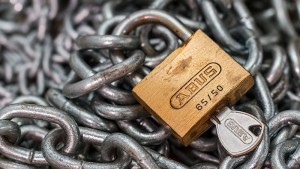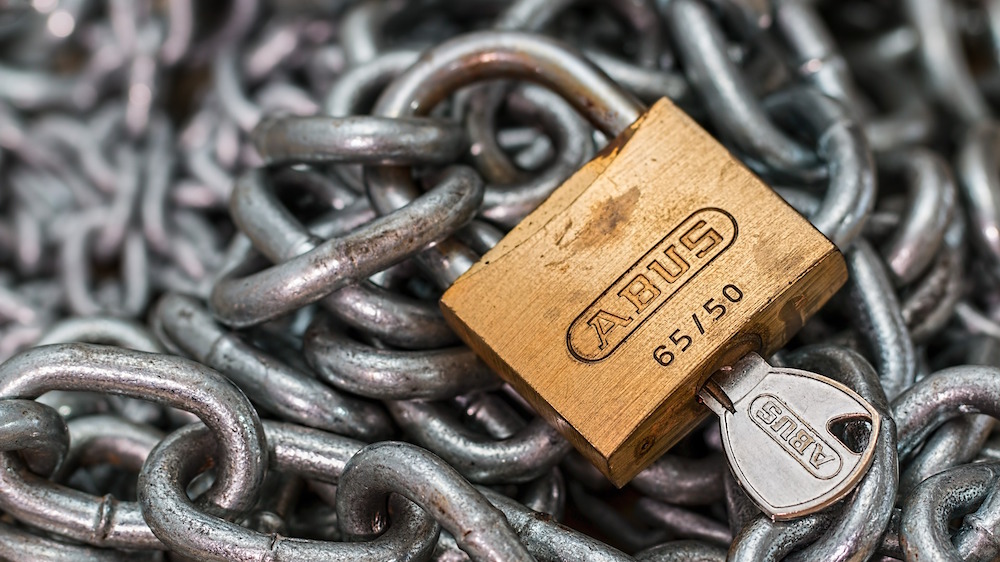According to a new study conducted by Expert Security UK, almost one in five people have been affected by crime in the workplace, so it seems that keeping an eye on employees is an increasing concern for businesses.
Backed by industry professionals, the following guide will help you to protect your business against internal crime.
1 Under lock & key: Is your physical security up to scratch?
The latest Global Retail Theft Barometer Report by Checkpoint Systems and The Smart Cube goes into some detail about the preventative methods businesses can take to secure their building. In the UK Loss Preventions Survey of 2014-2015, 75% of all respondents claimed that CCTV/DVR systems are in use across their business, while a further 75% rely on security guards and alarm monitoring.
Danny Scholfield, Sales and Marketing Director at Expert Security UK, gave his opinion as to why CCTV systems are so effective. “Installing a CCTV system ensures that not only can you source where losses are coming from in the event of theft, but it can also deter others from stealing.”
2 Maintain your building and introduce rigorous access controls
Schofield commented on the advantages of taking care of your building: “Keeping your business premises clean and tidy is vital, because if it’s clear that a building is unkempt and poorly-maintained, it gives the impression that this goes for security too. To opportunists, this could be an indicator of bad security measures.
“Also, if you have materials lying around the building, these could be used to break in.”
This is a simple tip, but one that will strengthen the security of your business.
Depending on the size and scale of your business, you might also want to consider access controls. The trick is to introduce access systems that protect your premises while at the same time making life as easy as possible for your employees, clients and guests.
3 Get technical – use data analytics
VP of Strategy and Market Development at Varonis David Gibson commented: “The first thing any organisation should do to prevent insider attacks is to start monitoring how data is being used. If you’re not recording user access, it’s very difficult to spot when users start behaving badly.”
By schooling yourself on some online safety techniques, you can protect your important accounts from fraud and intruders.
4 Introduce robust BYOD policies
It’s vital that you introduce a BYOD policy that tells your staff what is and isn’t allowed, along with proper training for the end user. Gibson added: “If the HR director clicks a phishing email and suddenly an attacker has access to all HR data, that’s a huge problem. Making sure employees understand both the dangers related to data security and the right ways to use technology will go a long way to helping prevent insider attacks.”
Introducing some end user training will also help your staff to understand what is expected of them. With some basic education, you will safeguard your whole business.
5 Speak to your employees – make sure they receive adequate training
By communicating with your staff in the spirit of full transparency, you may be able to control things before a situation gets out of hand.
If you introduce training sessions, including some quality one-to-one time, you’ll get to know your employees and build stronger relationships.
Advice from John Hinds, Policy and Projects Manager of CIFAS, advises that employers must find the right balance. In a report, jointly published alongside the CIPD, he said: “Employers must tread a line between on the one hand ensuring employees don’t misuse business property or systems or carry out any illegal activity, and on the other fostering a culture of mutual trust and respect.”
By putting some of these preventative measures in place, you’ll be able to reduce the risk of encountering any illegal activity in the workplace.















